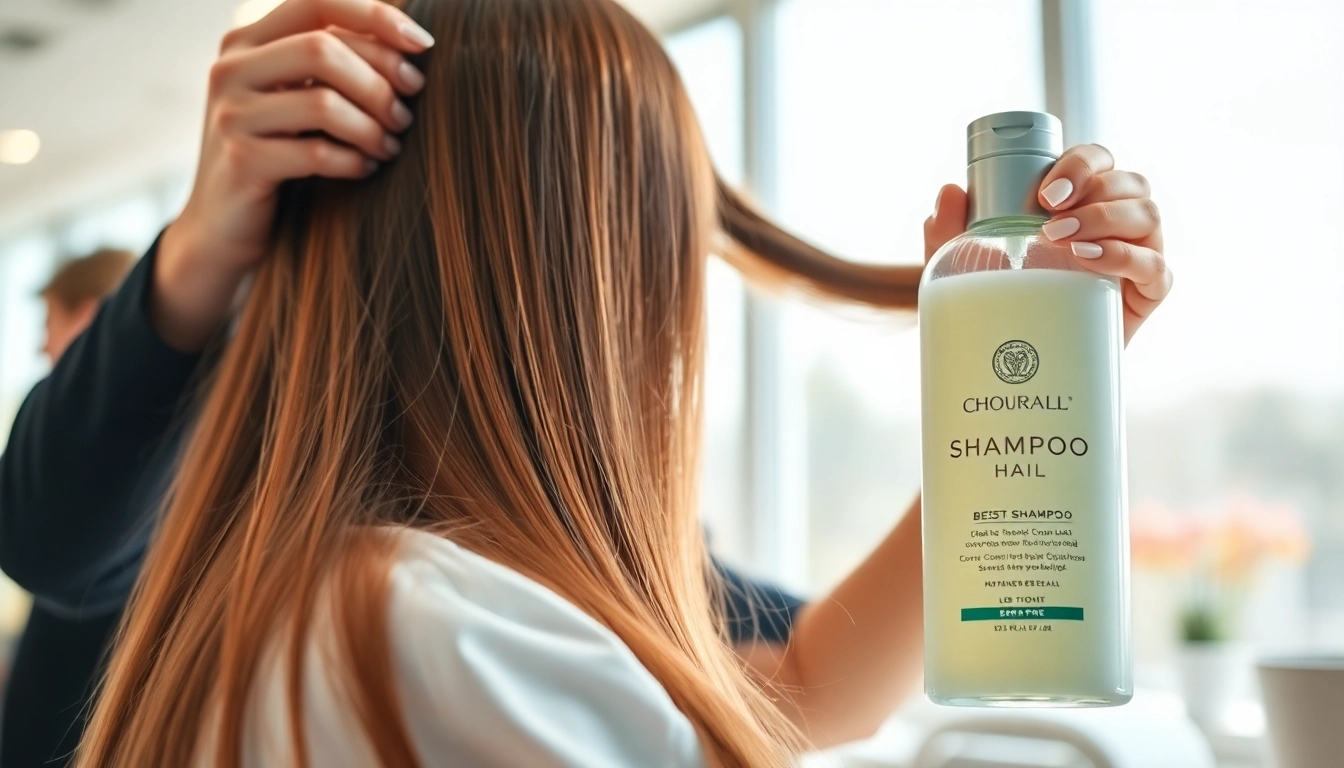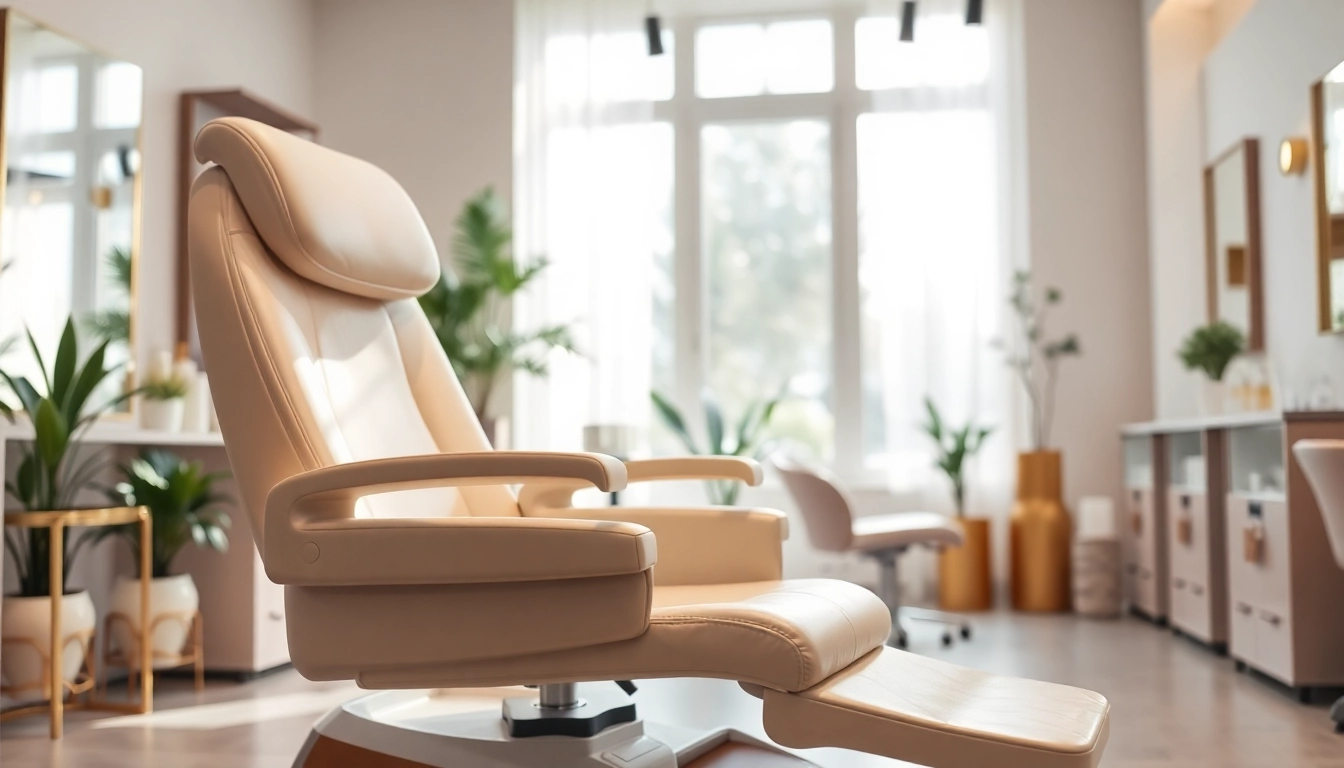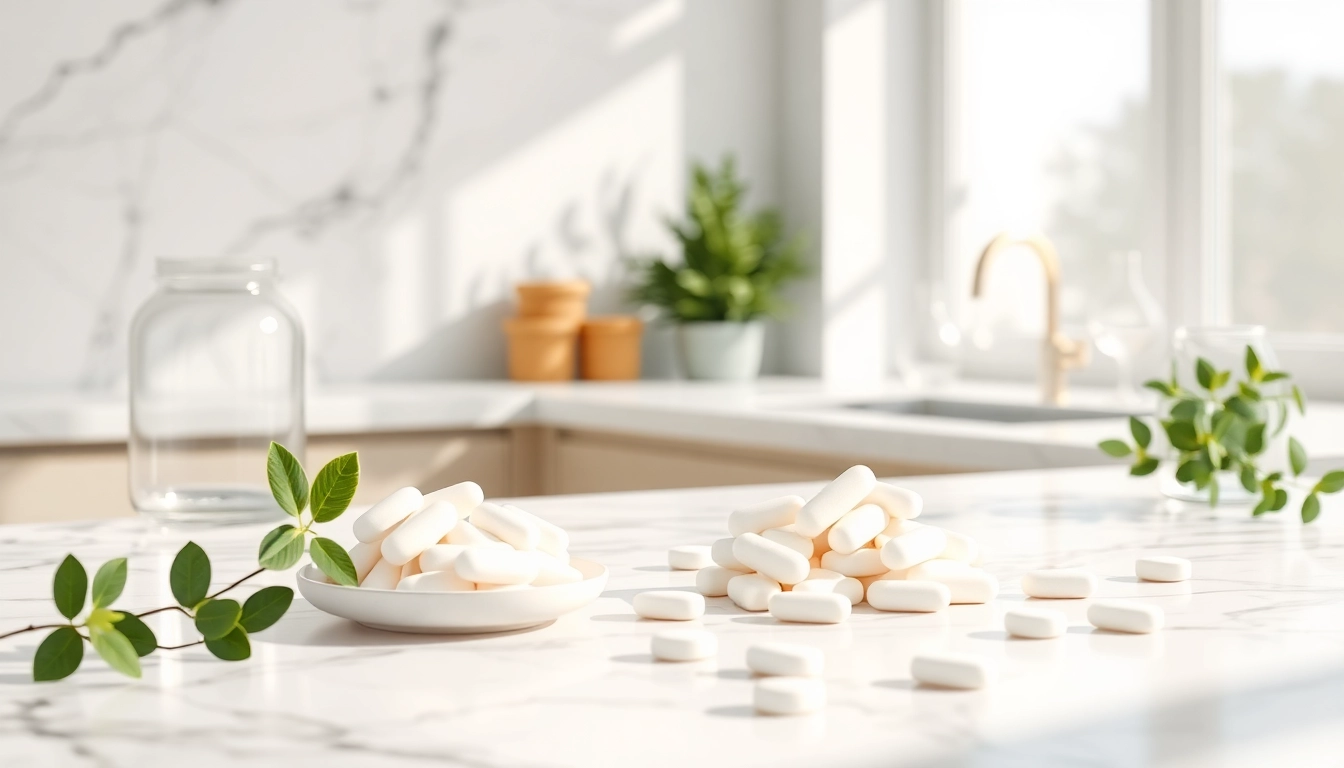Understanding Dry Scalp: Causes and Symptoms
Dry scalp is a common condition that can lead to discomfort and frustration, often characterized by itching, flaking, and irritation. Understanding the root causes and symptoms of dry scalp is essential for addressing this issue effectively and for selecting the best shampoo for dry scalp.
What Causes Dry Scalp?
Several factors can contribute to a dry scalp. Common causes include:
- Environmental Factors: Weather conditions such as low humidity, cold temperatures, and exposure to the sun can strip moisture from the scalp.
- Harsh Hair Products: Shampoos and styling products that contain sulfates, alcohol, or fragrances can irritate the scalp and lead to dryness.
- Skin Conditions: Conditions like eczema or psoriasis can affect the scalp, causing dryness and irritation.
- Lack of Hydration: Insufficient water intake and lack of moisture in the diet can also lead to dry skin, including the scalp.
- Medical Conditions: Certain medical conditions, such as hypothyroidism or diabetes, can contribute to dryness.
Common Symptoms of Dry Scalp
The symptoms of dry scalp may sometimes overlap with other conditions, but typically include:
- Itching: A persistent urge to scratch the scalp, often leading to discomfort.
- Flaking: Visible flakes of skin that may fall onto clothing or furniture.
- Redness or Irritation: Areas of the scalp may appear inflamed or sensitive.
- Dryness: A tight or dry feeling on the scalp, which can be exacerbated by styling or environmental factors.
How Dry Scalp Differs from Dandruff
Although dry scalp and dandruff share some similar symptoms, they are distinct conditions. Dandruff is often characterized by oily, greasy flakes and may be associated with a fungal infection (Malassezia). Conversely, dry scalp usually involves dry skin without excessive oil production. Understanding these differences is key to choosing the right treatment.
The Importance of Choosing the Right Shampoo
Selecting the appropriate shampoo plays a crucial role in managing dry scalp. The right product can provide essential hydration and eliminate irritation, making it vital to consider the specific needs of your scalp when choosing a cleansing routine.
Why Ingredients Matter in Shampoo Selection
Shampoos contain various ingredients, each designed for different purposes. Ingredients impact the effectiveness of the shampoo significantly, especially for those suffering from dry scalp. Natural ingredients can soothe, hydrate, and nourish the scalp, whereas harsh chemicals can aggravate dryness and irritation.
Common Ingredients to Look for in the Best Shampoo for Dry Scalp
When searching for the best shampoo for dry scalp, look for the following beneficial ingredients:
- Aloe Vera: Known for its soothing properties, aloe vera can moisturize and calm the scalp.
- Coconut Oil: A natural emollient, coconut oil helps to hydrate the scalp while providing anti-fungal benefits.
- Tea Tree Oil: With its antimicrobial properties, tea tree oil can help prevent infections that lead to irritation.
- Glycerin: A humectant that draws moisture into the scalp, glycerin is essential for hydration.
- Oat Extract: Oats can help alleviate itching and inflammation while moisturizing the scalp.
Ingredients to Avoid for a Dry Scalp
While some ingredients are beneficial, others can worsen dry scalp. It’s best to avoid shampoos that contain:
- Sulfates: These harsh detergents can strip natural oils from the scalp.
- Alcohol: Many alcohols cause dryness, particularly when found in high concentrations.
- Fragrances: Synthetic fragrances can lead to irritation and allergic reactions.
- Parabens: Often used as preservatives, parabens can disrupt skin microbiomes and exacerbate dryness.
Top Recommendations for the Best Shampoo for Dry Scalp
There is an abundance of products available that claim to relieve dry scalp, but only a few live up to their promises. Here, we present some top recommended shampoos based on their ingredients, effectiveness, and user reviews.
Natural and Organic Options
For those seeking a more holistic approach, consider these natural and organic shampoos:
- Shea Moisture Coconut & Hibiscus Curl & Shine Shampoo: Enriched with coconut oil and shea butter, this shampoo provides moisture without sulfates.
- Jack Black Pure Clean Daily Shampoo: A sulfate-free formula with natural ingredients that hydrates and supports scalp health.
- Herbivore Botanicals Jasmine Green Tea Shampoo: This gentle, natural shampoo is ideal for delivering moisture while soothing dry scalp.
Reviews of Top-Selling Shampoos
Consumer reviews can provide valuable insights into the effectiveness of different products. Here are a few highly-rated shampoos for dry scalp:
- Neutrogena T/Gel Therapeutic Shampoo: Known for its coal tar formula, this shampoo is effective against dry scalp and dandruff.
- Head & Shoulders Dry Scalp Care: A budget-friendly option that combines moisturizers with anti-dandruff properties.
- Paul Mitchell Tea Tree Special Shampoo: This invigorating shampoo uses tea tree oil to cleanse and revitalize a dry scalp.
How to Test Shampoo Effectiveness
When trying a new shampoo, consider the following tips to evaluate its effectiveness:
- Patch Test: Conduct a patch test on a small area of the scalp before full application to gauge any allergic reactions.
- Trial Period: Use the product consistently for at least four weeks to determine its effectiveness, as some benefits may take time.
- Monitor Your Scalp: Take notes on any changes in itchiness, dryness, and flakiness throughout the testing period.
Best Practices for Scalp Care
A successful remedy for dry scalp extends beyond just choosing the right shampoo. Integrating best practices into your hair care routine can enhance scalp health significantly.
Daily Hair Care Routines for Optimal Scalp Health
To maintain a healthy scalp, consider implementing the following routines:
- Gentle Cleaning: Wash your hair with a suitable shampoo, ideally two to three times a week, to avoid over-cleansing.
- Conditioning: Always follow up with a hydrating conditioner, focusing on the scalp as well as the ends.
- Scalp Massage: Incorporate scalp massages while shampooing to stimulate blood flow and promote oil distribution.
- Heat Protection: Prior to using heat styling tools, always apply a heat protectant to prevent damage to the hair and scalp.
Complementary Products to Enhance Scalp Moisture
In addition to shampoo, various products help enhance scalp moisture:
- Hair Oils: Natural oils, such as argan, jojoba, or almond oil, can be applied to the scalp for additional hydration.
- Leave-In Conditioners: Utilizing leave-in conditioners can provide all-day moisture and protection.
- Scalp Treatments: Specialized scalp serums or lotions designed for dry skin can offer targeted relief.
When to Consult a Dermatologist
If you experience persistent symptoms of dry scalp, it may be time to consult with a dermatologist. Signs that warrant professional advice include:
- Severe itchiness or pain.
- Persistent redness or inflammation that doesn’t improve.
- Flaking or scaling that worsens over time.
- Unusual symptoms such as hair loss or changes in skin texture.
Real User Experiences and Testimonials
Understanding how others have successfully addressed their dry scalp issues can offer valuable insights and encouragement. Here are some real user experiences.
Success Stories Using the Best Shampoo for Dry Scalp
Many individuals have found relief through dedicated use of specific shampoos. Some common success stories include:
- A user who reported significant improvement in scalp dryness after switching to a natural, sulfate-free shampoo enriched with aloe vera and coconut oil.
- A testimonial from a lifelong sufferer of dandruff who found solace using a tea tree oil shampoo, appreciating both the reduction in flakes and the freshness of the scent.
Before and After Results of Treatment
Visual documentation of results plays a key role in understanding the effectiveness of shampoos. Here’s what users noted:
- Before and after pictures consistently illustrate a reduction in flaking and healthier-looking scalp skin after regular use of targeted shampoos.
- A noticeable reduction in redness and irritation over the course of several weeks with consistent product usage was reported by many users.
Expert Opinions on Products and Treatments
Consulting specialists can provide an authoritative perspective on managing dry scalp. Experts often endorse products with natural ingredients that avoid harsh chemicals. Their recommendations emphasize the importance of individual testing, as reactions can vary based on scalp type and personal conditions.



